The executive of the modern State is but a committee for managing the common affairs of the whole bourgeoisie
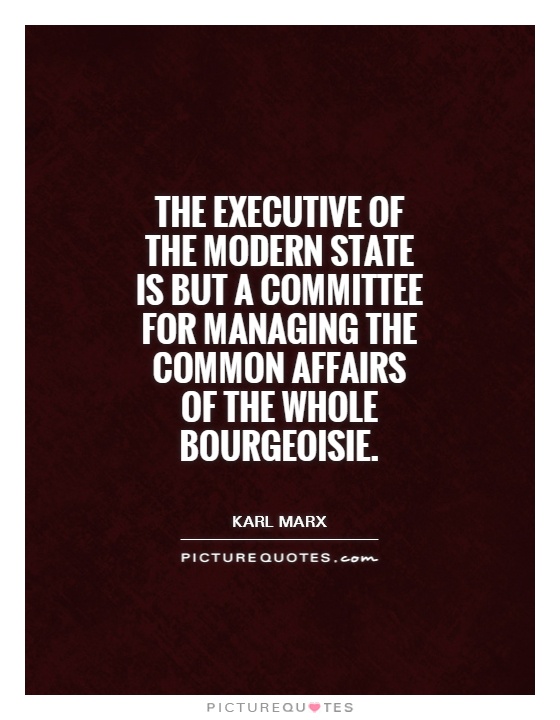
The executive of the modern State is but a committee for managing the common affairs of the whole bourgeoisie
Karl Marx, a renowned philosopher, economist, and revolutionary socialist, is best known for his critical analysis of capitalism and its effects on society. One of his most famous quotes, "The executive of the modern State is but a committee for managing the common affairs of the whole bourgeoisie," encapsulates his belief that the government serves the interests of the ruling class, specifically the bourgeoisie.In Marxist theory, the bourgeoisie refers to the capitalist class that owns the means of production and exploits the labor of the working class, known as the proletariat. According to Marx, the state, including its executive branch, exists to protect and further the interests of the bourgeoisie. This means that government policies, laws, and institutions are designed to maintain the capitalist system and ensure the continued dominance of the ruling class.
Marx argued that the state is not a neutral entity that represents the interests of all members of society. Instead, it is a tool of the ruling class to maintain their power and privilege. The executive branch, which includes the president, prime minister, or other top government officials, is responsible for implementing and enforcing policies that benefit the bourgeoisie at the expense of the working class.
For Marx, the state is an instrument of class domination, used by the bourgeoisie to control and exploit the proletariat. This is evident in the way that governments often prioritize the interests of corporations and wealthy individuals over the needs of the majority of the population. Policies such as tax cuts for the rich, deregulation of industries, and cuts to social services are all examples of how the state serves the interests of the bourgeoisie.

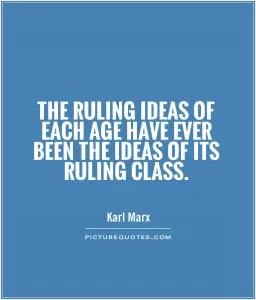
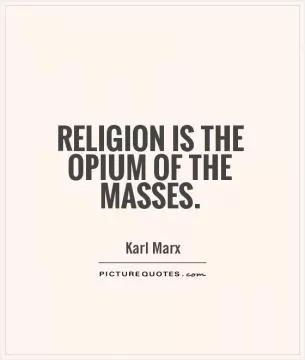
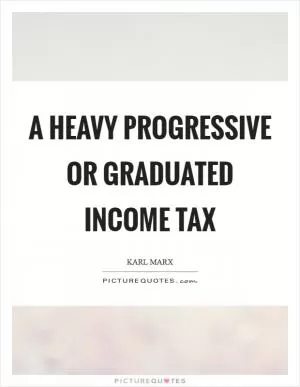

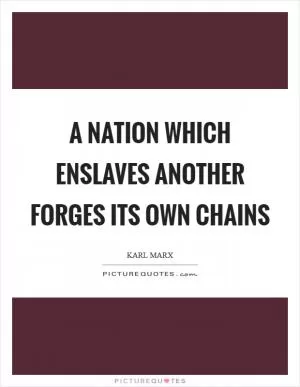





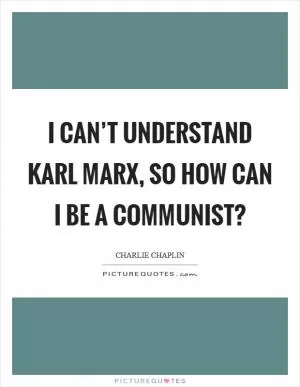
 Friendship Quotes
Friendship Quotes Love Quotes
Love Quotes Life Quotes
Life Quotes Funny Quotes
Funny Quotes Motivational Quotes
Motivational Quotes Inspirational Quotes
Inspirational Quotes